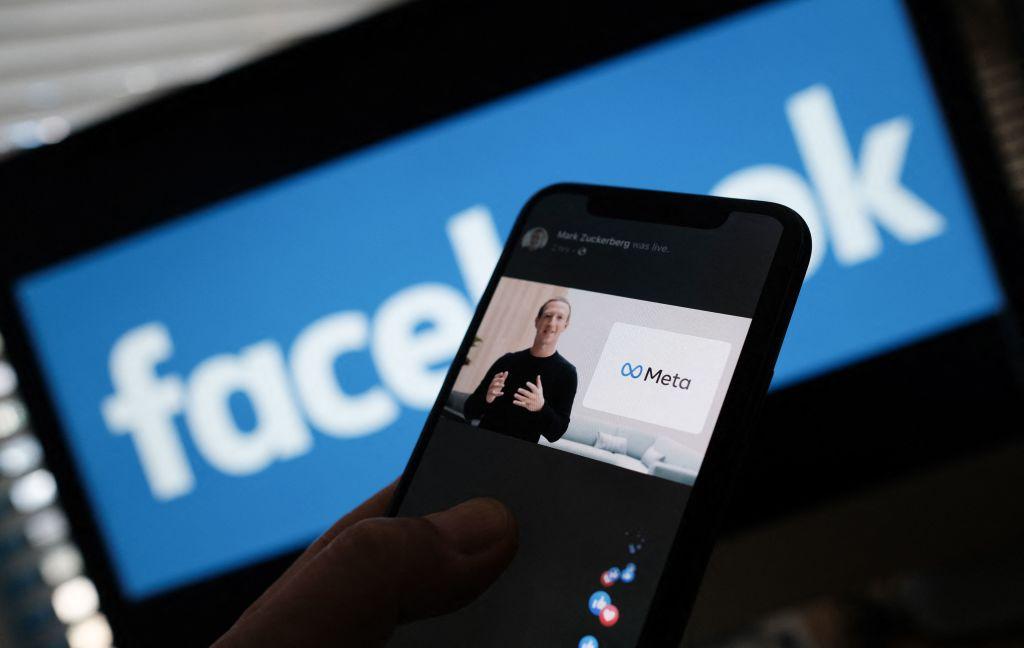Mark Zuckerberg’s ambitious, multi-billion-dollar Metaverse platform is yet to garner the same traction as existing platforms Facebook and Instagram, according to internal documents.
The tech giant’s metaverse offering, Horizon Worlds, is falling short of expectations, with parent company Meta adjusting internal monthly user targets from 500,000 to 280,000.





